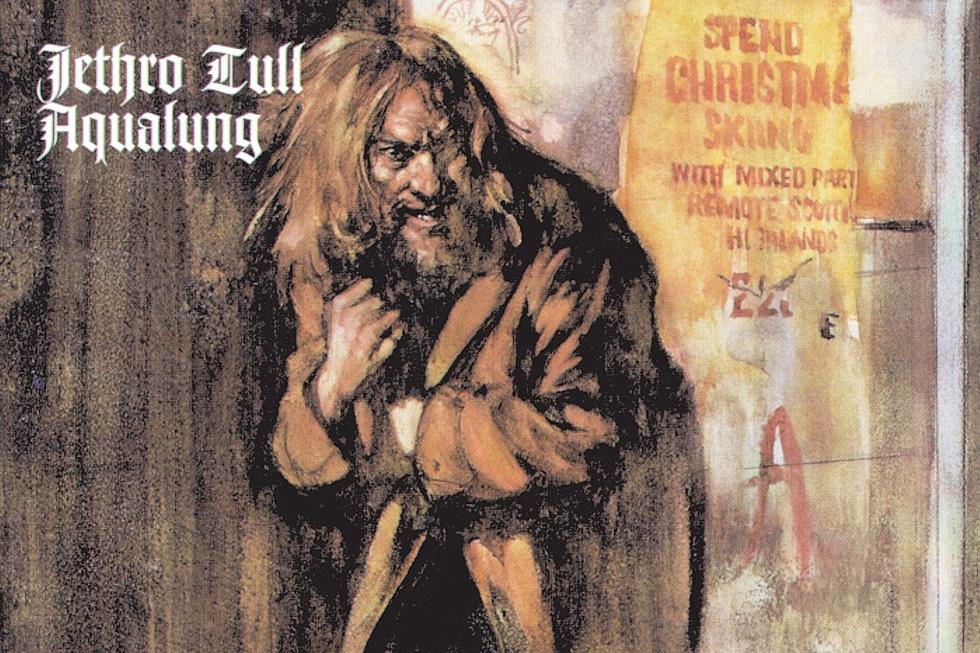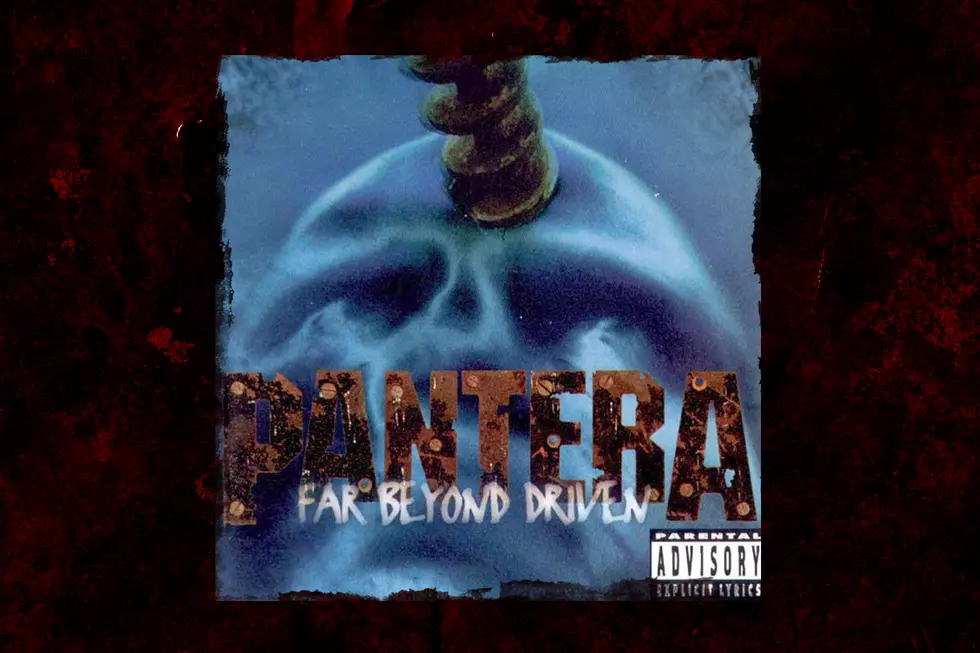
How a Handshake Deal on an Iconic Jethro Tull Cover Went Bad
In certain non-rock circles, the artist Burton Silverman is something of a superstar.
He's a 1990 inductee into the Society of Illustrators Hall of Fame. He's created cover images for Esquire and Sports Illustrated. A portrait of associate Supreme Court justice Elena Kagan by Silverman hangs on the wall of the Harvard Law School, commemorating her six-year tenure as dean.
Yet most music aficionados have never heard of him, despite his role in a career-turning moment for Jethro Tull in the winter of 1970: Silverman is the typically uncredited, wildly underpaid cover artist behind Aqualung, Tull's best-known album.
Terry Ellis, co-founder of Chrysalis Records, gave Silverman free reign on the project, so the iconic image is completely original. "[Ellis] said, 'Listen, come to London,'" Silverman said in a new interview with The Outline. "You'll watch the group in rehearsal. You'll take a look at [frontman] Ian Anderson. You'll sort of get acquainted and you'll get some ideas from it."
Silverman was struck by the title song's grubby main character, as have been generations of fans. "This is just a cool painting," Washington Post writer Dave Weigel tells The Outline, "a cool rough, impressionistic painting which I think stands out for that reason.”
Since then, Silverman's image has done more than grace a seven-times platinum studio release. It's a signature part of Jethro Tull's merchandising – and has been for decades. Both 2011's 40th anniversary edition of the album and 2005's live version re-purposed the original artwork.
And yet Silverman received only a one-time, hand-shake payment of $1,500 back in 1971. Terry Ellis got three original paintings for approximately $9,291 in 2018 dollars without setting any fee schedule for future use.
Silverman's son Robert says he'd like to pursue the matter in court, but he hasn't been able to get a lawyer interested in taking on his father's case, likely because there's no actual contract. The younger Silverman also said he reached out to Anderson about joining a potential legal proceeding, but the Tull leader "declined." (He's apparently not a fan. Anderson called the image "not very attractive or well executed" in A Passion Play: The Story of Ian Anderson and Jethro Tull, adding that he "never really liked the Aqualung album cover, although a lot of people think it's terrific.")
Silverman might have gotten relief had he shaken Terry Ellis' hand a few years earlier. A 1978 amendment to the 1909 Copyright Act made it more difficult for commissioned works like the Aqualung painting to qualify simply as work-for-hire product. But the courts apparently still favor publishers in cases prior to 1978.
Worst of all: The younger Silverman says his dad, now 89, has begun to show signs of cognitive impairment, so he's running out of time to wage this battle.



